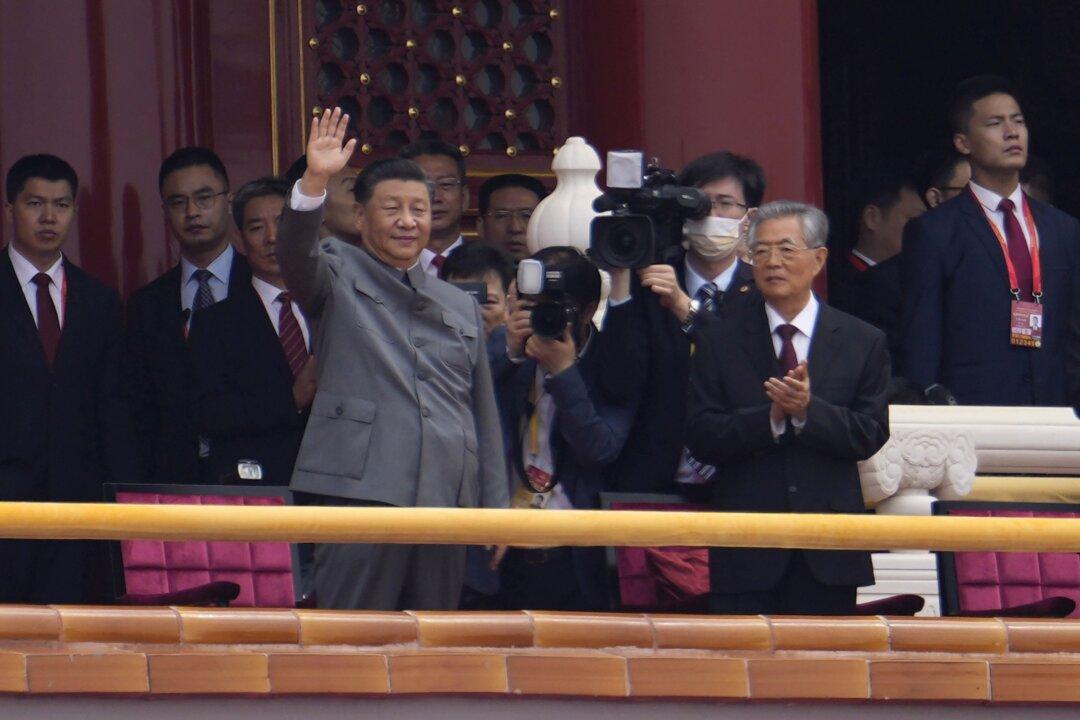News Analysis
In recent years, Chinese leader Xi Jinping has gradually tightened control over private capital. State-owned enterprises took over countless private businesses amid a wave of bankruptcies and in a bid to redistribute wealth.

In recent years, Chinese leader Xi Jinping has gradually tightened control over private capital. State-owned enterprises took over countless private businesses amid a wave of bankruptcies and in a bid to redistribute wealth.